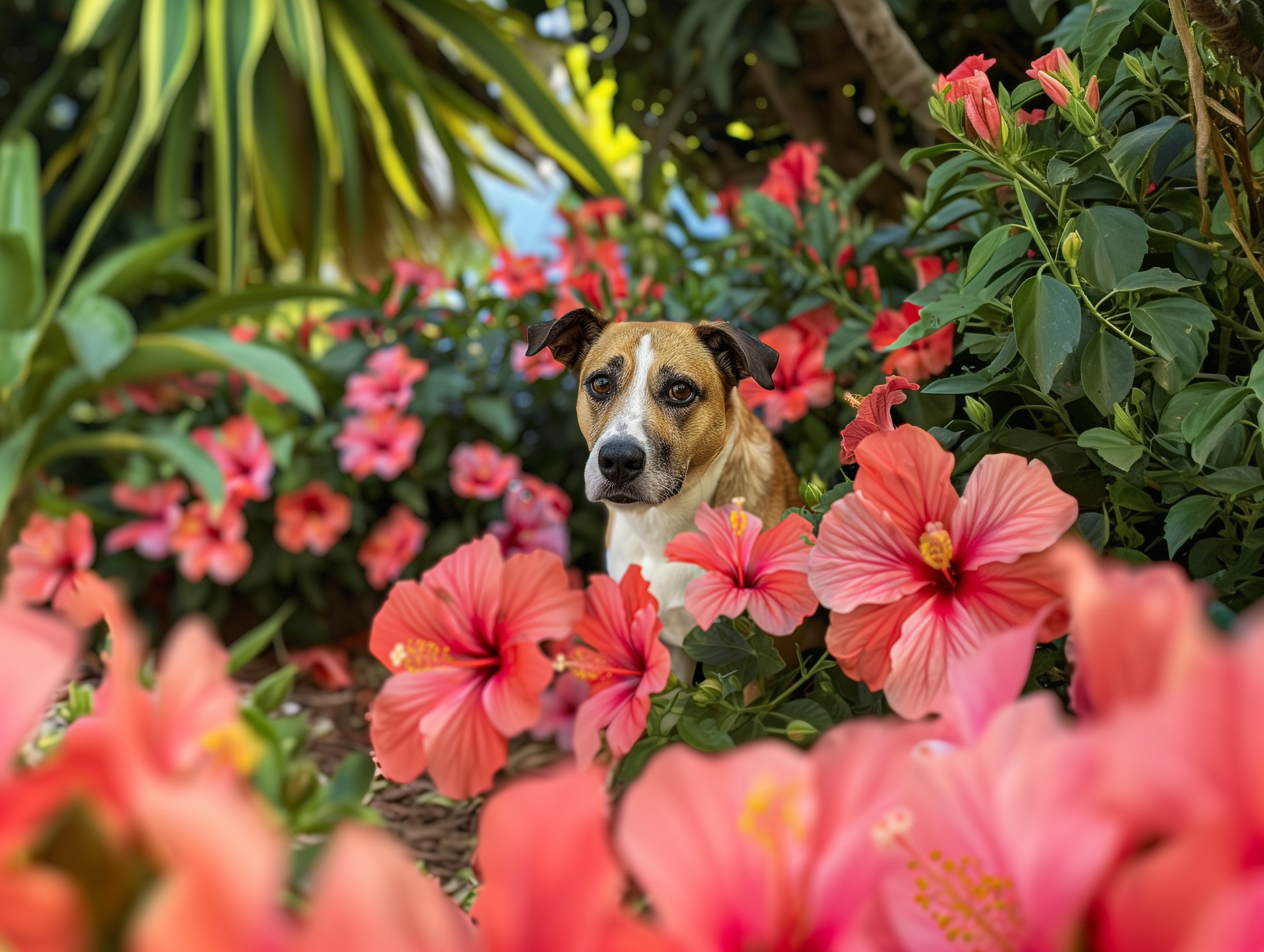
Are Hibiscus Poisonous to Dogs?
Are Hibiscus Toxic to Dogs?
Hibiscus flowers can be toxic to dogs if ingested. They contain a compound called anthocyanins, which can cause gastrointestinal upset, including vomiting and diarrhea. In severe cases, it can lead to dehydration and even organ damage.
Rose of Sharon Poisonous to Dogs
Rose of Sharon, which is a type of hibiscus, can be toxic to dogs if ingested. It contains compounds such as cyanogenic glycosides, which can release cyanide when chewed or digested. Cyanide poisoning can cause symptoms like difficulty breathing, dilated pupils, and even seizures.
Which Hibiscus Are Toxic to Dogs?
Not all hibiscus plants are toxic to dogs. While certain varieties, like the Rose of Sharon mentioned earlier, can be harmful, other hibiscus plants are considered safe. For example, the tropical hibiscus (Hibiscus rosa-sinensis) is generally non-toxic to dogs. However, it is always best to consult with a veterinarian if you are unsure about a specific hibiscus plant before allowing your dog to come into contact with it.
Is Hibiscus Safe for Dogs?
Are Hibiscus Leaves Poisonous to Dogs?
Hibiscus leaves are not poisonous to dogs and are generally safe for them to consume. However, it is important to note that some dogs may have individual sensitivities or allergies to certain plants, including hibiscus. If your dog has never eaten hibiscus before, it is recommended to introduce it in small quantities and monitor for any adverse reactions. Additionally, it is crucial to ensure that the hibiscus flowers or leaves have not been treated with any pesticides or chemicals, as these can be harmful to dogs.
Dog Ate Hibiscus, What Do I Do?
If your dog ate hibiscus flowers, there is generally no need to panic. However, you should still keep an eye on your dog for any unusual symptoms or reactions. In most cases, dogs may experience mild gastrointestinal upset, such as vomiting or diarrhea, if they consume a large amount of hibiscus. If your dog shows any concerning symptoms or if you are unsure about the amount of hibiscus consumed, it is always best to consult with your veterinarian for further guidance.
Dog Eating Hibiscus: How to Prevent
Keep your dog away from hibiscus plants or flowers that are within their reach. If you have hibiscus plants in your garden, consider using barriers or fencing to restrict access. Additionally, providing your dog with a variety of safe and healthy chew toys can help redirect their attention and prevent them from nibbling on plants. It is also advisable to train your dog to respond to commands such as 'leave it' or 'drop it' to discourage them from consuming any non-edible items.
Hibiscus Flowers and Dogs
When it comes to the safety of dogs consuming hibiscus flowers, pet owners must tread with caution. While the hibiscus plant is not listed among the most toxic to dogs, ingestion can still lead to unpleasant digestive upset, including symptoms such as nausea, vomiting, and diarrhea. This is primarily due to the plant's natural properties, which can irritate a dog's stomach and intestines. For those who grow hibiscus at home or encounter it during walks, it's essential to monitor your pets closely. Prevention is key; ensuring that these plants are out of reach or teaching your dog to steer clear can mitigate any risk of ingestion. If your dog does consume hibiscus flowers, observing their reaction and consulting with a veterinarian for guidance on any necessary steps is advisable.